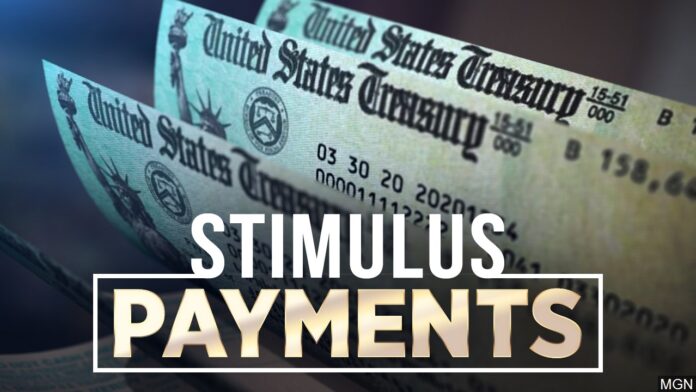The checks are in the mail — or headed to your account via direct deposit.
The Internal Revenue Service announced that the third round of economic impact payments to offset personal financial losses due to COVID-19 will start to arrive this week, at least for those with the direct deposit option.
Most people will receive $1,400 for themselves and $1,400 for each of their qualifying dependents claimed on their tax return, thus a family of four can expect $5,600.
As with the first two Economic Impact Payments in 2020, most Americans will receive their money without having to take any action. Some Americans may see the direct deposit payments as pending or as provisional payments in their accounts before the official payment date of March 17.
Additional batches of payments will be sent in the coming weeks by direct deposit and through the mail as a check or debit card. The vast majority of these payments will be by direct deposit.
No action is needed by most taxpayers. The payments will be automatic and in many cases, similar to how people received the first and second round of economic impact payments in 2020.
People can check the “ Get My Payment ” tool on IRS.gov to see the payment status of the third stimulus payment.
“The payments will be delivered automatically to taxpayers even as the IRS continues delivering regular tax refunds,” said IRS Commissioner Chuck Rettig.
Because these payments are automatic for most eligible people, contacting either financial institutions or the IRS on payment timing will not speed up their arrival, the IRS cautioned.
Social Security and other federal beneficiaries will generally receive this third payment the same way as they receive their regular benefits. A payment date for this group will be announced shortly.
IRS officials said that unlike the previous two tranches of economic stimulus funds, taxpayers at some income levels won’t be eligible for the third payment, even if they received a first or second payment.
Payments will begin to be reduced for individuals making $75,000 or above in Adjusted Gross Income ($150,000 for married filing jointly.) The reduced payments end at $80,000 for individuals ($160,000 filing jointly); people above these levels are ineligible for a payment.





